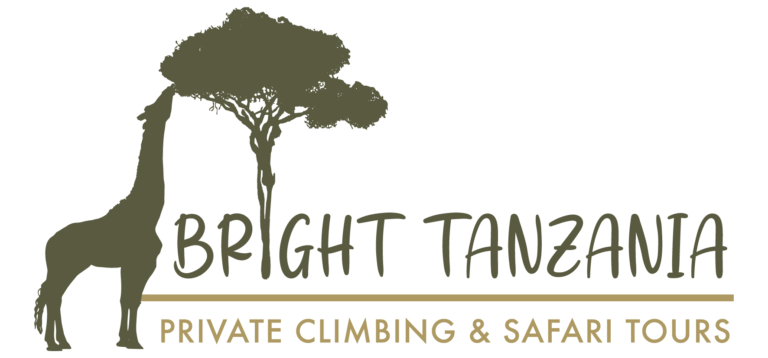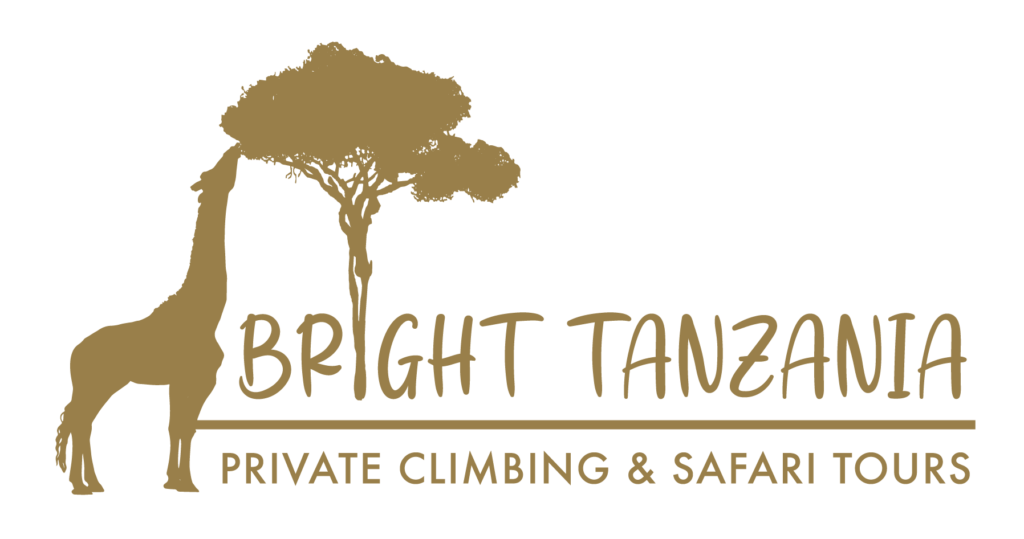Nice to meet you!
CULTURAL AND ECOTOURISM
TOURISM IN TANZANIA
Tourism is an important source of income for local people. As founders of Bright Tanzania as a tour operator, we, Gilbert and Rispa, have a mission!
We want to contribute as much as we can to have a positive impact on the quality of life of the local team, their families and, in part because of this, the other residents of the village. The income is often invested in the houses, vegetable gardens, education and health care. With your contribution you also help ecological sustainability projects, support women’s groups and other forms of sustainable development.
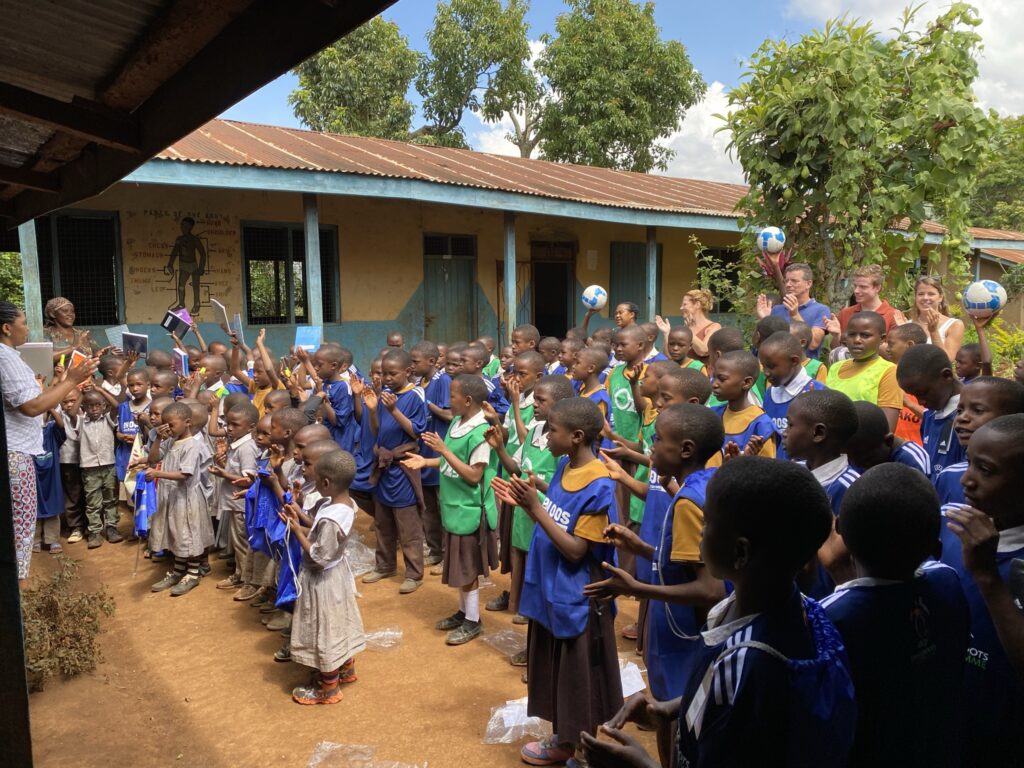
RESPONSIBLE TRAVEL
Responsible travel means that we are aware of the (social) impact of tourism on local people, animals and the environment. It means that in putting together our trips, we create an infrastructure that avoids exploitation of people, animals and natural resources at all costs.
Responsible travel is what we make possible together!
Get to know local life!
Visit a school and meet the children
Visit a banana & coffee plantation
Visit a local market
Meet the Maasai and learn about their culture
Join us for lunch and enjoy a local meal
The Chagga
The Chagga people are the third largest ethnic group in Tanzania and traditionally live in the fertile foothills of Mount Kilimanjaro. They are one of a number of tribes with origins in Central and West African Bantu culture.
The Chagga have a long history of contact with European missionaries and other colonizers, which has resulted in them having greater access to schooling and thus higher levels of formal education compared to other groups in Tanzania. The Chagga are known as savvy businessmen and are often able to secure influential positions in Tanzanian society.
The Maasai
A semi-nomadic Nilotic group believed to have originated in Egypt, the Maasai are predominantly pastoralists but practice small-scale agriculture in some places. They are one of the youngest ethnic groups in Tanzania, having followed the Nile River through Kenya before reaching Tanzania 300 years ago. adumu jump massaai
The identity and lifestyle of the Maasai is deeply rooted in the ownership, breeding and use of cattle. The status of an individual Maasai and their family is closely related to the number of cattle he owns – in fact, a Maasai without cattle is no longer considered a Maasai within the community.
The Hadzabe
The Hadzabe live in the Lake Eyasi Basin area. They are a unique ethnic group in Tanzania. Apart from the Sandawe and Akie (both groups very close to the Hadzabe believed to be a branch of the original Hadzabe tribe), they are the only true hunter-gatherer groups remaining in Tanzania and one of the few remaining in this region of the world.
